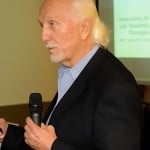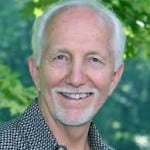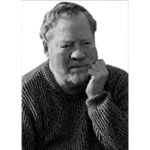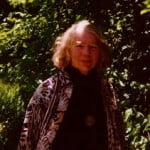Quantum Reality and Transpersonal Therapy – Richard Stammler (Is.27)
By Richard Stammler, Ph.D.
 The theory of quantum physics has been around for nearly a century, although its principles have been used to measure our reality with unprecedented precision, the description of mass reality and personal reality is, seemingly, so bizarre that science has been slow to fully accept the implications. This is also true for transpersonal therapy. As the theory becomes increasingly mainstream in many disciplines, a more complete attempt is made to describe the theory and the impact on transpersonal therapy.
The theory of quantum physics has been around for nearly a century, although its principles have been used to measure our reality with unprecedented precision, the description of mass reality and personal reality is, seemingly, so bizarre that science has been slow to fully accept the implications. This is also true for transpersonal therapy. As the theory becomes increasingly mainstream in many disciplines, a more complete attempt is made to describe the theory and the impact on transpersonal therapy.
“Well, let me quote from Newton about this, even though we’re talking quantum physics. Literally, I feel like a child at a sea shore, when it comes to seeing where quantum physics is pointing. I feel … Read the rest



